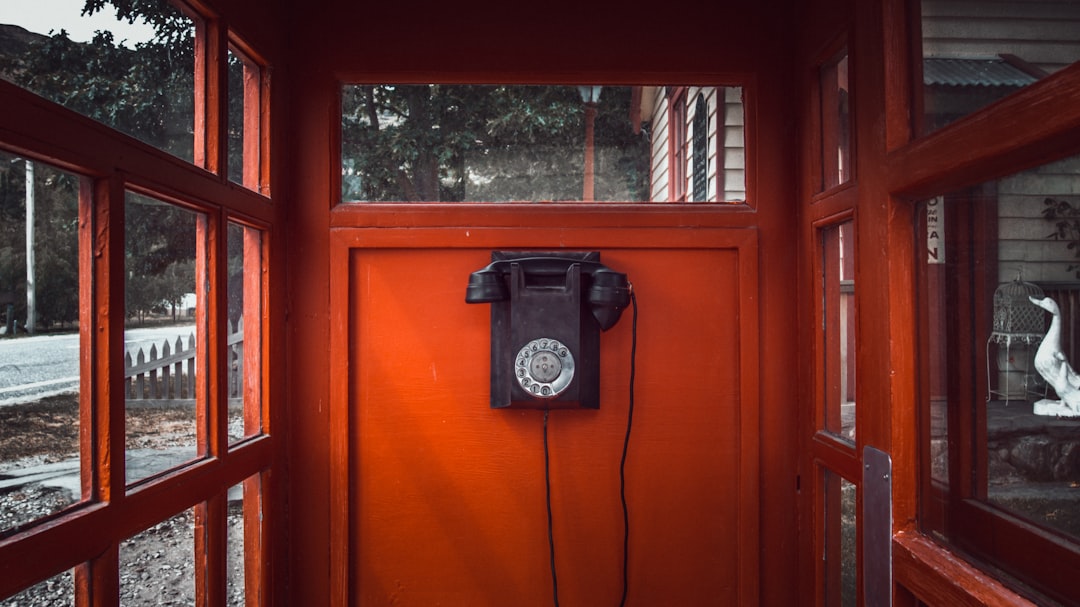Robocalls have become a significant problem for Evansville, Indiana residents, with many receiving unwanted marketing or fraudulent offers. The Telephone Consumer Protection Act (TCPA) offers legal protections and allows individuals to sue for damages from repeated robocalls. In Indiana, businesses must obtain explicit consent before making automated marketing calls, and residents can file complaints with regulatory bodies like the Indiana Attorney General's Office. To combat robocalls, residents can use call blocking apps, register on Do Not Call lists, report suspicious calls, and explore legal action through consumer rights attorneys for privacy violations under TCPA, which could result in $500-$1,500 per violation.
In Evansville, robocalls have become a pervasive nuisance, impacting residents’ daily lives. This guide aims to educate the community on navigating these unwanted calls. We’ll explore Indiana’s laws and regulations, providing insights into your rights and options for stopping robocalls effectively. Understanding when robocalls are legal is crucial, as well as knowing if you can sue for robocalls in Indiana. By following practical steps, Evansville residents can reclaim their peace of mind in the battle against intrusive automated calls.
Understanding Robocalls and Their Impact in Evansville

Robocalls, automated phone calls from unknown numbers, have become a ubiquitous and often unwanted part of modern life in Evansville, Indiana. While some robocalls promote legitimate services or organizations, many residents find themselves on the receiving end of unwanted marketing messages, fraudulent offers, or even threatening calls. Understanding the extent of this issue is crucial in addressing it effectively. In Evansville, as in many places across the country, robocalls have significantly impacted community members’ daily lives, leading to concerns about privacy, security, and overall well-being.
Moreover, residents may be wondering if they have legal recourse against persistent or harassing robocalls. The Telephone Consumer Protection Act (TCPA) provides protections for consumers against certain types of automated calls, including those made without prior consent. This federal law allows individuals to take action, including suing for damages, if they’ve experienced repeated robocalls. In Indiana, as in other states, the ability to sue for robocalls offers a potential solution for those seeking relief from this nuisance and may deter companies engaging in unethical or illegal telemarketing practices.
Indiana's Laws and Regulations Against Unwanted Calls

In Indiana, including Evansville, robocalls are regulated by state laws aimed at preventing unwanted and fraudulent telephone solicitations. The Indiana Utility Regulatory Commission oversees these regulations, ensuring consumers’ rights to privacy and peace of mind. According to Indiana law, businesses must obtain prior explicit consent from residents before making automated or prerecorded calls for marketing purposes. This means that if you have not given permission for a company to call you, they could be in violation of the law.
If you’re receiving harassing or fraudulent robocalls, you do have options. Indiana allows consumers to file complaints with the Indiana Attorney General’s Office, which can take legal action against violators. Furthermore, if you feel you’ve been harmed by false or misleading robocalls, you might be able to sue for damages under state law. The ability to “sue for robocalls” in Indiana depends on the specific circumstances, but it’s a viable course of action to protect your rights and hold culprits accountable.
Taking Action: Steps to Stop Robocalls Effectively

In the fight against robocalls, taking proactive measures is essential. Here’s how Evansville residents can effectively stop them:
1. Block Unknown Numbers: Most smartphones have built-in call blocking features or apps that allow you to block numbers automatically. Ensure these are activated and consider using dedicated robocall blocking apps for enhanced protection.
2. Register on Do Not Call Lists: While this primarily prevents telemarketers, it’s a step towards reducing the volume of unwanted calls. You can register your number with the National Do Not Call Registry online or by calling 1-888-382-1222 (TDD 1-866-290-3376).
3. Report Robocalls: Document and report suspicious calls to the Federal Trade Commission (FTC) through their Do Not Call Registry or online at FTC.gov/complaint. This helps track and penalize offenders. Also, many states, including Indiana, have specific robocall reporting mechanisms; check with your local regulatory bodies for details.
4. Use Technology Wisely: Be cautious about sharing your phone number publicly. Avoid entering it on online forms unless absolutely necessary. Some services may sell or rent your contact information to third parties, leading to increased robocalls.
5. Consider Legal Action in Indiana: If you’ve been a victim of persistent and harassing robocalls, consulting with an attorney specializing in consumer rights could be beneficial. In Indiana, Can I Sue For Robocalls cases are possible if the calls violate state laws regarding telemarketing practices.
When Is It Legal to Make Robocalls?

In the United States, including Indiana, the legality of robocalls is governed by various federal and state laws. The Telephone Consumer Protection Act (TCPA) is a key piece of legislation that restricts the use of automated dialers and prerecorded messages for telemarketing purposes. Generally, making robocalls without explicit consent is illegal. However, there are exceptions; companies may still legally robocall if they have your prior express consent or if the call is made for specific non-marketing purposes, such as emergency notifications or political campaigning.
When it comes to suing for robocalls in Indiana, individuals have certain rights. If you receive unwanted robocalls and believe your privacy has been violated, you may take legal action. The TCPA allows consumers to file lawsuits against violators, seeking damages of up to $500 per violation. In cases where the violations are willful or knowing, damages can be as high as $1,500 per call. It’s important to note that gathering evidence and documenting each instance of unwanted robocalls is crucial if you plan to pursue legal action or file a complaint with relevant authorities.
Your Rights and Resources for Robocall Litigation in Indiana

In Indiana, including Evansville, residents have certain rights and protections against robocalls. The Telephone Consumer Protection Act (TCPA) prohibits automated or prerecorded calls for marketing purposes to landlines and mobile phones without explicit consent. If you’ve received unwanted robocalls, you may have legal options.
If a company has violated the TCPA by calling you using an automatic dialing system, you could be eligible to sue for damages. Indiana courts have recognized robocall litigation, and there are resources available to help residents navigate this process. Consider consulting with consumer protection attorneys who specialize in TCPA cases to understand your rights and explore potential legal actions against companies that make nuisance calls, including those using automated technology.






